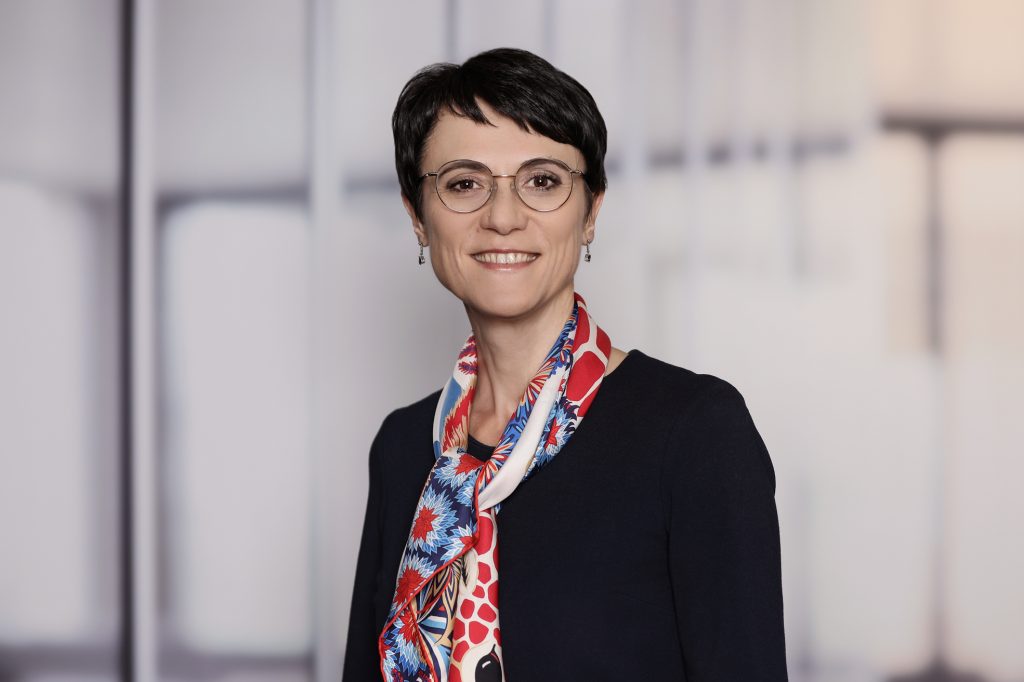M&A activity is accelerating in Luxembourg’s financial sector, driven by regulatory pressure and reaffirming the country’s strategic role in banking, insurance, and asset management.
After a period of relative quiet, consolidation has picked up significantly, especially in the wealth management segment. One of the most high-profile deals was the acquisition of Degroof Petercam by Indosuez Wealth Management, a subsidiary of Crédit Agricole.
Finalised in 2024, the merger was described as one of the most significant in Europe over the past decade. The combined entity now oversees more than €200 billion in assets and employs 4,500 people, including 770 in Luxembourg.
A second major deal, also completed late last year, saw Utmost — a UK-based insurance group — acquire Lombard International, a leader in Luxembourg’s life insurance market, from Blackstone. The new group now manages over €120 billion in assets.
Structural Shifts Across the Industry
According to industry experts, these transactions are part of a broader trend set to continue, driven by falling interest rates. “We’re clearly seeing a sharp uptick in deal activity over the past 18 months,” says Sophie Dupin, a partner at law firm Elvinger, Hoss, Prussen (EHP). Most recently, Waystone, a Dublin-headquartered management company, announced it was acquiring BIL Manage Invest from Banque Internationale à Luxembourg (BIL), whose Chinese shareholder Legend Holdings is reportedly looking to exit.
M&A activity is reshaping banking, insurance and asset management, sometimes in response to local challenges. Over the past few years, several Nordic banks, struggling with a mid-market model that has become less profitable, have exited Luxembourg. Nordea sold its operations to UBS. UBP acquired those of Carnegie and Danske Bank. These moves have strengthened the presence of Swiss players in Luxembourg — and by extension, in the European Union.

Global Drivers, Local Impact
However, most of the consolidation is driven by global strategies with ripple effects in Luxembourg. Deals are often led by private equity firms seeking to unlock value in businesses with stable, recurring revenues such as wealth management and financial services. In one such example, Cinven last year acquired a majority stake in Alter Domus, a fund services provider valued at $5 billion.
Consolidation takes many forms. “Rather than acquiring an entire company, a buyer may only purchase a specific business line or client portfolio. That’s quite common here,” says Tiago Nogueira, also a partner at EHP.
“The reshuffling of the market often involves strategic refocusing. Some firms are doubling down on private banking and divesting non-core activities,” explains Jacques Graas, partner at A&O Shearman. These carve-outs often attract private equity funds or specialised players. For example, Edmond de Rothschild (Europe) recently sold its third-party asset servicing unit in Luxembourg to Apex, a global financial services provider.

Scale as a Competitive Imperative
The search for critical mass is driven by the cost of regulatory compliance and tech investment, both of which have increased in recent years with the implementation of investor protection laws, anti-money laundering rules, and ESG-related requirements. “These obligations apply regardless of the size of a company or its client base. The larger your assets under management, the more you can dilute fixed costs,” says Jacques Graas. Asset management, still fragmented in Luxembourg, is a prime target for consolidation. “For small and mid-sized firms, compliance costs are a major incentive to merge,” confirms Sophie Dupin. According to BCG’s latest Global Asset Management Report, shrinking profit margins mean that achieving scale is more critical than ever.
“For small and mid-sized players, compliance burdens are a powerful incentive to merge”

Strategic Positioning Over Financial Strain
In Luxembourg, however, consolidation is often a sign of economic vitality rather than financial distress. “There are many drivers behind acquisitions in Luxembourg: access to technology, specialised expertise, client portfolios, or regulatory licences,” lists Tiago Nogueira. “We work with many international funds that choose Luxembourg as their structuring jurisdiction. In that role, Luxembourg plays a similar part in Europe as Delaware in the US, Singapore in Asia, or Dubai in the Middle East,” adds Jacques Graas.
Yet mergers and acquisitions remain complex undertakings. “Post-acquisition integration is often underestimated, due to differing IT systems, corporate cultures, and compliance frameworks. It’s not just about merging balance sheets. Teams have to work together, and clients need to stay. That’s where the real value lies,” Jacques Graas cautions. Not all deals result in full integration. Some companies prefer to maintain distinct entities.
This article was published in the 6th edition of Forbes Luxembourg magazine.
Read more articles:
Luxembourg Business Climate: Between Slight Improvement And Fragility
Coliving Is Not A Trend – It’s A Necessity
Luxembourg Faces Wealth Decline Amid Global Surge

